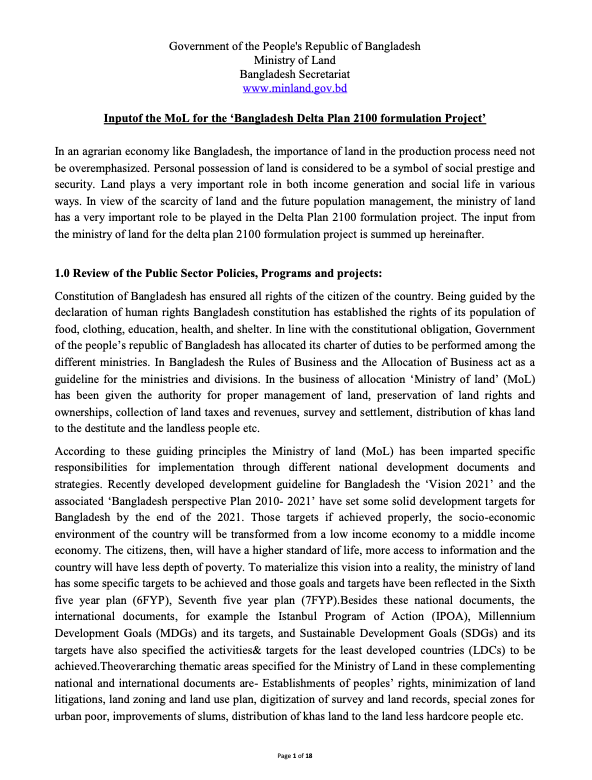Program for Climate Smart Livestock Systems (PCSL): Futures workshop, Kenya, November–December 2021
The International Livestock Research Institute (ILRI) is implementing
the Program for Climate Smart Livestock (PCSL) in Kenya, Uganda,
and Ethiopia. PCSL is designed to build the capacity of governments,
the private sector, and livestock keepers towards improving livestock
productivity, reducing greenhouse gas emissions while adapting to
climate change. In late November 2020, ILRI held a virtual workshop
with relevant stakeholders to discuss potential transformative pathways
for the livestock sector in Kenya.
PARTICIPANTS





